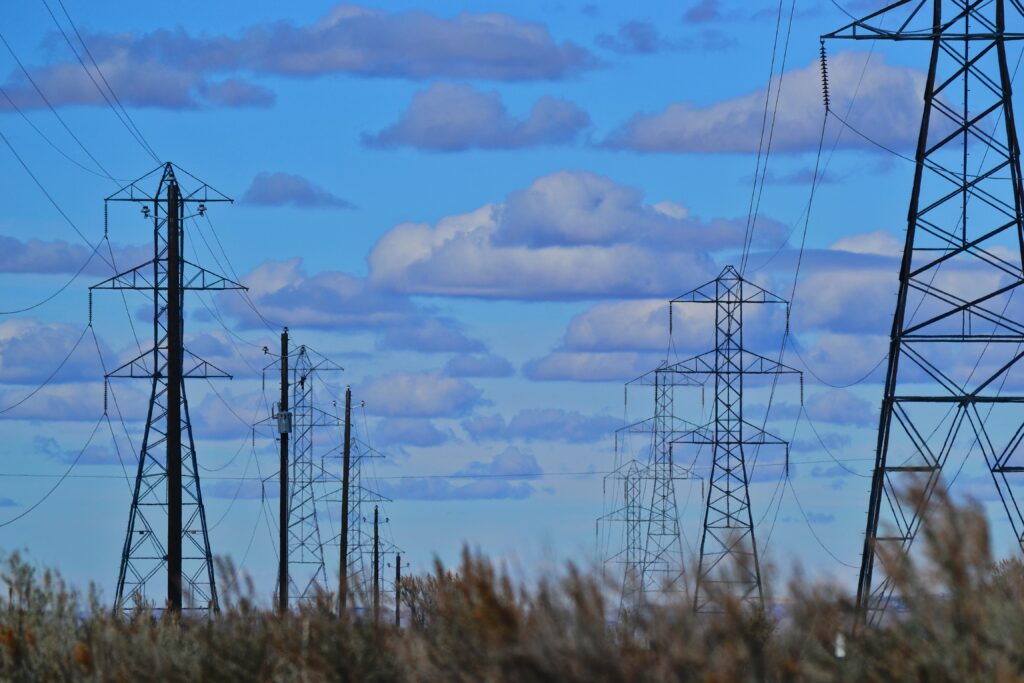
In a “traditional” student journey, you graduate high school, you head to a two-year or four-year college, you get a degree and you’re set for life. Right? Well, imagine you’ve had an entire career, 25 years at a job only to walk in one day and find out you’ve been laid off. That’s what happened to Jimmy Powers, but after being in the right place at the right time, he unwittingly stumbled upon a totally new career that would take him to new heights.
“I parked in the same place for 25 years,” Powers said. “I opened the same door for 25 years. They came in one day and said they didn’t need me or my friends anymore and they were shutting down the plant. I was 51 years old, and I made up my mind right then I was going to do anything possible to get skills and get me a job.”
Powers found himself at a career fair at Wytheville Community College with hundreds of others looking for work. He saw a woman was about to run into him, so he stopped, and sure enough, she ran smack dab into him. Turns out, he ran into Vicki Morris, a student support counselor at the college. She said they were starting up a brand new program for powerline workers.
“The only thing I knew about power was that it will shock you, and you don’t mix it with water,” Jimmy laughed.”
Admittedly intimated, Powers enrolled in the program. He worked with his instructor on the material and even had some peers from the shuttered plant come to the class with him. He was part of the inaugural cohort of WCC’s powerline program. He paid nothing out of pocket and was even compensated for his gas and mileage. Additionally, he earned several certifications, including powerline worker, CDL-A, VDOT flagger and OSHA-10.
On graduation day, several companies showed up. Three weeks later, he was in Raleigh doing underground power work.
After just a year on the job, he became a crew leader for another four years. Every now and then, his old WCC instructor and Vicki would reach out to check in on him, and he’d do the same. Then one day, Powers found the tables turned: WCC needed powerline instructors and they wanted Powers to come back and lead the class. And that’s where he’s been since fall 2022.
Powers is big on not letting fear or the generational divide get in the way of doing something new. He says fear is just an acronym for false evidence appearing real.
“There is a difference between being scared and fear. Fear can’t hurt you, but it can stop you,” he said. “Once my students learn to use the safety equipment, that fear is gone.”
He shares his student classroom experience to help them get over those fears and see what’s on the other side: a growing industry with a lot of potential.
“It’s an industry that you can start out with a job and, if you apply yourself and do the right things and you’re dependable, you can make it a career,” he said. “To set a new pole and build everything on it – look up and say, ‘Wow I was part of that.’ Or working in a sub division and go back six months later with lights on. There’s a sense of satisfaction there.”
Courses taught at the community college are often taught by experienced members of the field, like Powers. If you’re looking to learn from someone who is currently working in the industry, or has years of experience where you live, contact a career coach to find a program that’s right for you.